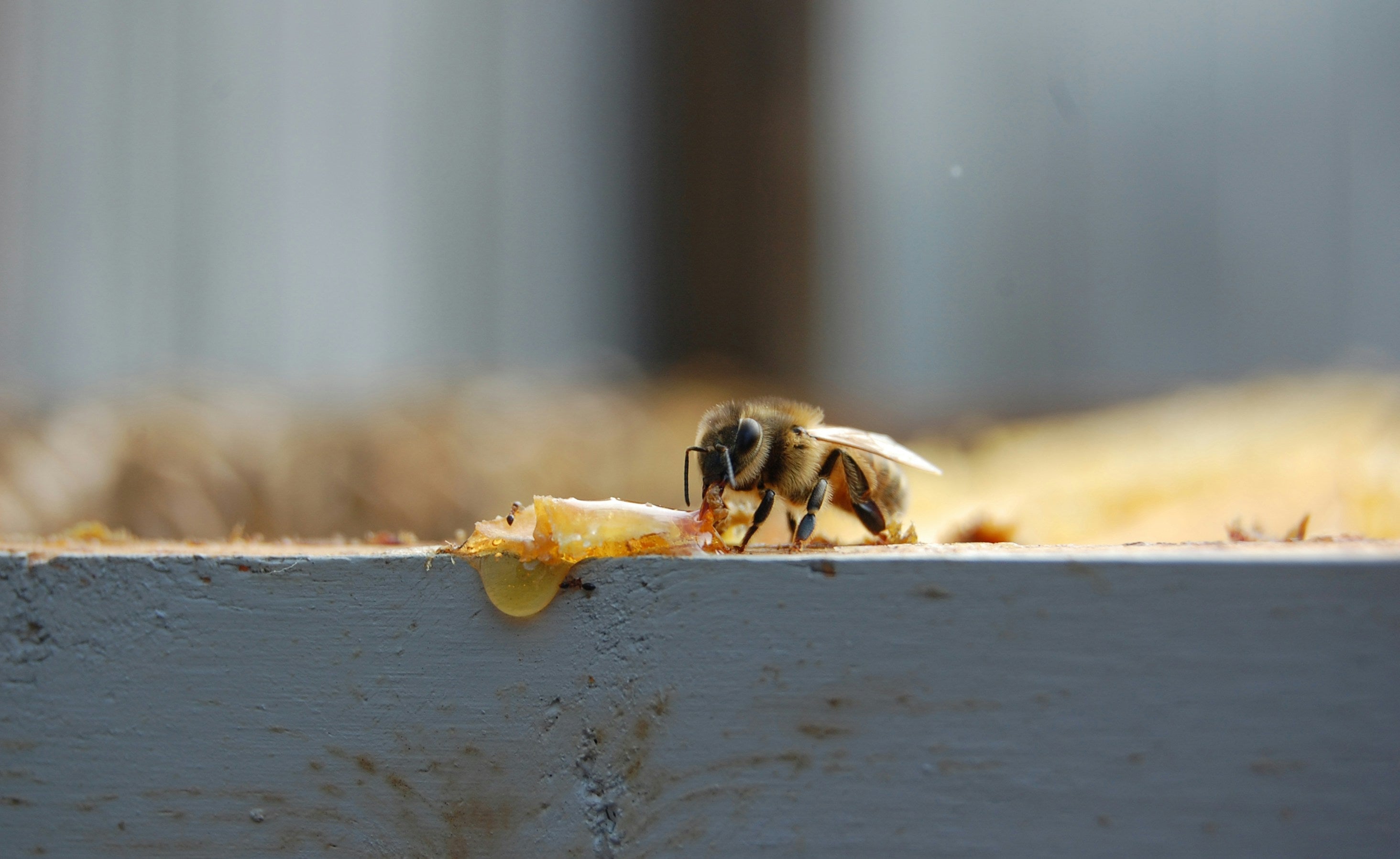Honey is a treasure of nature, appreciated for millennia, both for its taste qualities and its therapeutic virtues. Present in many culinary and medicinal cultures, honey holds a special place in our diet. But should it be reserved for special occasions or can it really be consumed daily? And if so, in what proportions? In this article, we review the benefits of honey and the best practices for consuming it every day.
The daily benefits of honey
Honey is above all an excellent source of natural energy. Its richness in simple carbohydrates, mainly composed of fructose and glucose, makes it a quickly available fuel for the body. It is an excellent ally to regain energy in case of fatigue, but also to support physical or mental effort.
But the benefits of honey do not stop at its energy richness. Raw and unprocessed honey is also a valuable source of enzymes, essential minerals (such as potassium, calcium, or magnesium), antioxidants, and amino acids. Some varieties even have recognized antiseptic and antibacterial properties, particularly useful for soothing the throat or relieving minor oral irritations.
Consumed with discernment, honey thus becomes a true daily ally, much more beneficial than refined white sugar lacking nutritional value.

In what quantity can honey be consumed?
As with all sweet foods, moderation is key. Even though honey is natural and has interesting virtues, it remains a sweet food, rich in carbohydrates. The ideal amount to consume per day depends on individual needs and lifestyle, but generally, one to two teaspoons per day are more than enough to benefit from its nutritional qualities.
It is preferable to include honey in the morning at breakfast, on a slice of bread, in plain yogurt, or porridge, to benefit from its energy supply throughout the day. In the evening, it can also be enjoyed in a warm infusion, to accompany a moment of relaxation.
Be careful not to add honey to boiling water, as too high a temperature would destroy part of its enzymes and beneficial properties.
Who should avoid honey?
Despite its many qualities, honey is not suitable for everyone. It is strictly advised not to give honey to children under one year old. This is due to a rare but serious risk: infant botulism, caused by the possible presence of bacterial spores that the digestive system of infants is not yet able to neutralize.
Moreover, people with diabetes should consume honey with caution. Even though some honeys have a lower glycemic index than others — such as acacia honey, for example — it remains a sweet food that must be integrated into the diet carefully and, ideally, under medical supervision.

Why prioritize raw and quality honey?
Not all honeys are equal. The difference between an artisanal raw honey and an industrial honey is considerable, both in taste and composition. Honeys from the food industry are often heated, mixed, and intensively filtered, which causes them to lose a significant part of their nutritional properties.
At Miel Factory, we choose to select only raw honeys, harvested artisanally, with respect for the environment and the bees. Each honey is unique, reflecting both the floral richness of its terroir and the expertise of our beekeeper partners. This requirement guarantees incomparable quality, both in taste and nutrition.
Which honeys to prioritize according to use?
The choice of honey also depends on the intended use. For a gentle energy boost and a moderate glycemic index, acacia honey is ideal. To soothe minor throat ailments or enjoy a more intense flavor, eucalyptus or lavender honey is perfect. Finally, for simple gourmet pleasure, rare and aromatic honeys, such as lychee honey or spring flower honey, bring an incomparable savory dimension.

Can we eat honey every day?
The answer is clear: yes, it is perfectly possible to consume honey every day, provided reasonable quantities are respected and a raw, quality honey from respectful sources is chosen. More than just a sweet food, honey is a true invitation to a gustatory journey and a natural ally in daily life.
Discover our selection of rare and pure honeys at Miel Factory, and let yourself be tempted by flavors from the most beautiful beekeeping regions in the world.



